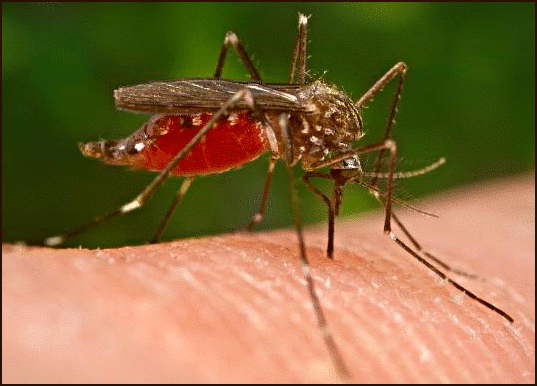Malaria was a significant problem in the southern United States during the early decades of the twentieth century. Part of President Franklin D. Roosevelt’s New Deal focused on economic development of the South, with improvement of public health in that region as an integral part. This Article is a case study of increased federal public health efforts during the New Deal and World War II eras, which replaced some traditionally state and local areas of control. Efforts to "federalize" the mosquito encountered significant limitations, and never accomplished primary federal responsibility for the eradication of malaria. One federal agency in particular - the Office of Malaria Control in War Areas - institutionalized the federal response to malaria in the South during World War II. This assertion of wartime jurisdiction maintained only nominally the primacy of state authority.Image source.
The New Deal administrative state saw structural experimentation and innovation at a grand level; this Article’s study of federal efforts to combat malaria in the southern United States provides a good example. In one decade, federal efforts ranged from Works Progress Administration employment, experiments with scientific expertise within the Tennessee Valley Authority, federal intervention in civilian areas as a war strength rationale, and malaria control by federal appropriation. The most significant step resulted from reorganization of the New Deal administrative state under the Federal Security Agency, an independent agency of the U.S. government established pursuant to the Reorganization Act of 1939.
From a federalization perspective, a critical point is that the federal government initiated a malaria eradication effort with broad jurisdiction that helped reshape public perception of the federal government’s responsibilities. It did so under a "national security" mandate that blurred the distinction between domestic and international security, with an effect on the federal government’s regulatory power. But the federal government then withdrew from this wartime assertion of jurisdiction, leaving public health federalism largely unchanged.
Monday, January 10, 2011
Price on Federalization of the Mosquito: Structural Innovation in the New Deal Administrative State
Federalization of the Mosquito: Structural Innovation in the New Deal Administrative State has just been posted by Polly J. Price, Emory University School of Law. It appeared in the Emory Law Journal, Vol. 60, 2010. Here's the abstract:
